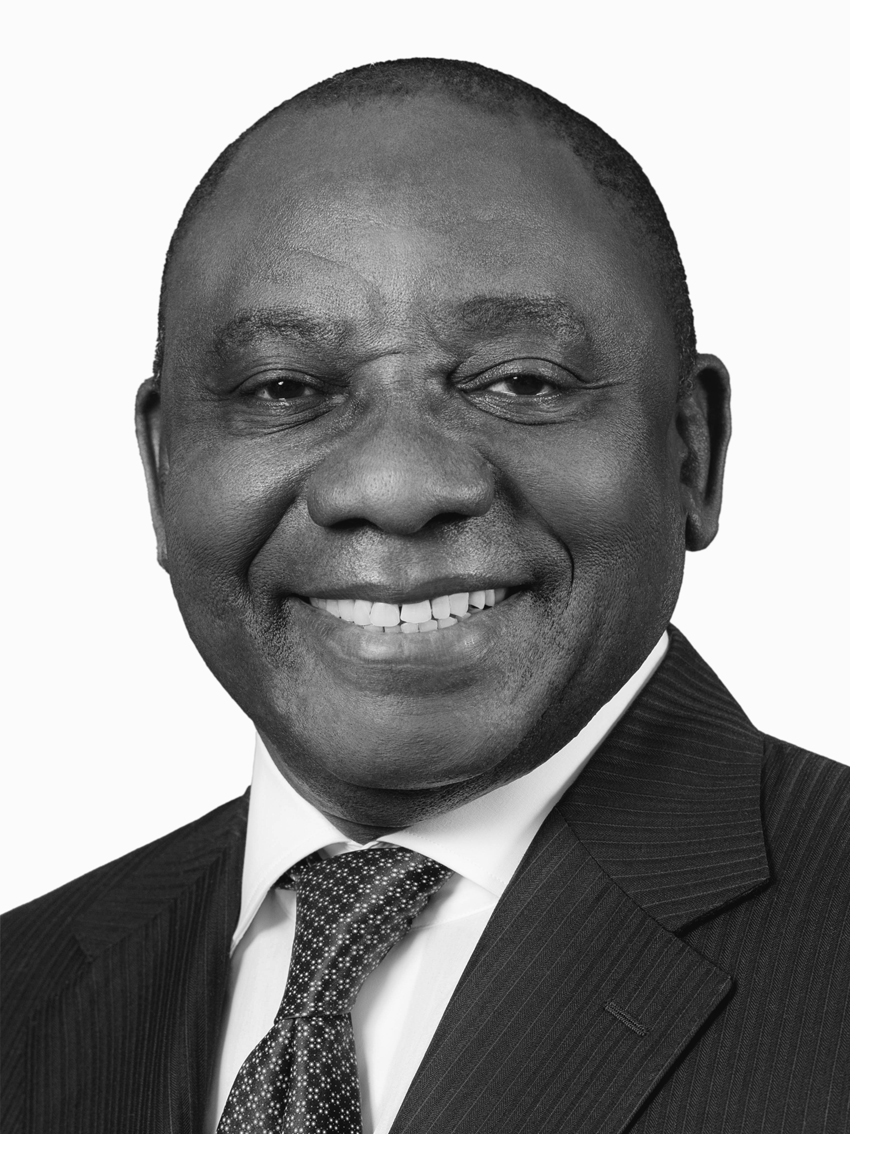All three spheres of government commit to leave no district behind

President Cyril Ramaphosa, accompanied by Deputy President David Mabuza and Cabinet Ministers, met with the premiers of the 9 provinces and mayors of 44 district and 8 metropolitan municipalities on Friday, 28 February 2020.
The Extended President’s Coordinating Council (PCC) meeting was convened to assess progress made to date in the implementation of the District Development Model and resolved on the need for all spheres of governance to work together in implementation.
The District Development Model is premised on institutionalizing a programmatic approach to improve integrated planning across government through formulation and implementation of single joined-up plans (‘One Plan’) for each of the 44 District and 8 Metropolitan geographic spaces. In its implementation it brings together all social partners in a particular locality including business, civil society, faith based communities and traditional leaders in a compact for development.
Piloted in 3 district municipalities - OR Tambo, Waterberg and Ethekwini - the District Development Model presents a paradigm shift in government’s efforts to build a coherent and coordinated state.
Since August 2019, government has made commitments to a collective public sector investment of more than R70 billion in the three pilot sites composed of R11.2 billion earmarked for OR Tambo, R25.23 billion for Waterberg and R35.3 billion for Ethekwini.
The PCC meeting received a report on the pilot projects currently underway and adopted the programme of action to launch the model in a further 23 districts during the 2020 calendar year.
An analysis was also done of the lessons learnt from the pilot projects which firstly confirmed the enormity of the socio-economic challenges faced by these districts but served to direct government spending to the areas of greatest need in a more informed and integrated manner.
The pilot of the model in the three sites has also served to uncover potential sectors for growth which can be tapped into to improve the living conditions of the most vulnerable. It is intended that when fully operational, the district model to delivery will also ensure greater inclusivity through gender budgeting.
The PCC further has thoroughgoing discussions on the implementation of economic reforms to drive inclusive growth and job creation, infrastructure investment and development, efforts being made to bolster youth employment through the Presidential Youth Employment Intervention as well as a progress report on the provision of water services and human settlements.
The President has called the PCC a meeting of historical significance, bringing together as it did, leaders from all spheres of government to coalesce around a joined up approach to ensure that no district gets left behind in development.
The President further called on all social partners to learn from the lessons learnt during the pilot phase and use these to give even further impetus to it thus realising the vision of a capable, unitary developmental state driven by a strong neutral bureaucracy underpinned by solid societal relations.
Media enquiries: Khusela Diko, Spokesperson to the President – 072 854 5707
Issued by: The Presidency
Pretoria




